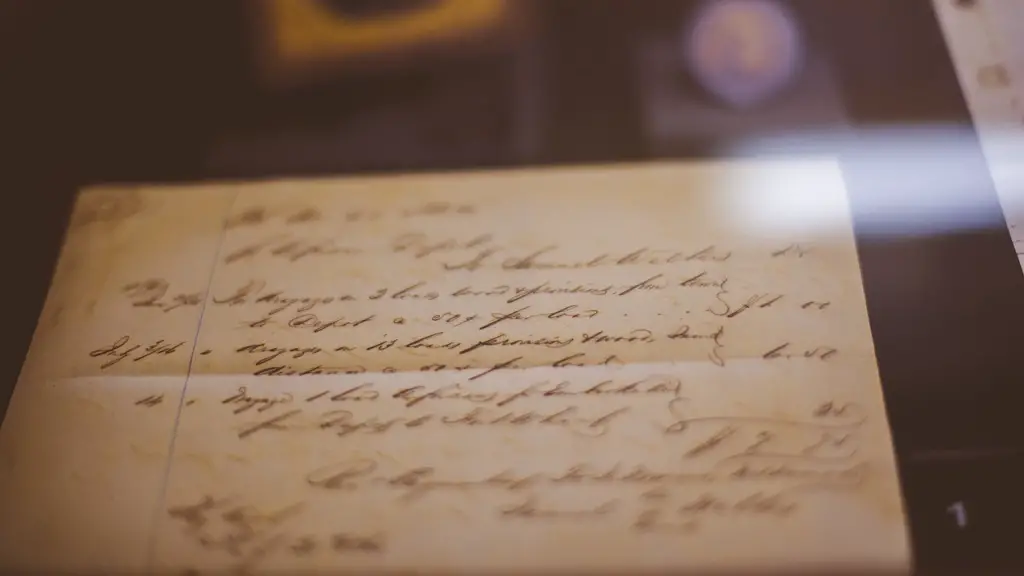What does language mean in poetry?
Language has long been an integral component of the art of poetry, offering authors the unique ability to capture and express ideas, feelings, and stories in creative ways. The use of language in poetry goes beyond simply conveying words; it conveys emotion, paints pictures, and transports the reader to a different world. In doing so, language helps poets create vivid, lasting impressions, connecting with the reader in unique and transformative ways.
Poets often create rhythm, alliteration, onomatopoeia, and other specific techniques to add texture, depth, and even musicality to their work. Through a myriad of devices, language helps poets communicate not only the literal meaning of a word, but also the connotations and nuanced implications of its usage. This selection of words, their structure, and the poet’s combinations imbue a poem with feeling, creating a powerful connection between writer and reader.
In poetry, syntax – the way in which words, phrases, and clauses are ordered and combined – forms an important element of the text. Syntax shapes the poem, creating a virtual soundscape that evokes feeling, whether it be joyous, melancholic, reflective, or something else. Syntax orders words in such a way as to highlight them, allowing for a non-linear, non-narrative synthesis of ideas and images.
Language is not just words, but also silences; it is both the focus of a poem, and the spaces around those words. Poetry has the ability to stretch a single moment, inviting contemplation and connecting with the reader on a deeper and more profound level. In this way, it transcends the individual word, line, and phrase, allowing poets to create new, previously unheard of perspectives and ideas.
The Power of Language in poetry
The use of language in poetry has the capacity to empower, allowing poets to express previously unimaginable and unchartered emotions. It can bring out the innermost feelings of the poet, connecting them to deeper aspects of the human psyche and helping them express thoughts and feelings that could otherwise remain unarticulated. By giving the poet a way to explore their interior worlds, language can be a context for expression, liberation and self-discovery.
The power of language has the power to move the reader and create feelings of empathy, identification and understanding that wouldn’t be possible with any other type of representation. Tied to the ebb and flow of memories, language has the capacity to erase boundaries, to bring readers to a soundscape of past and present, and to stir and unsettle a powerful swell of emotion.
Language is also key in the understanding of poetry. Many will argue that the accuracy of interpretation carries more weight than originality, because a poem is only truly complete when it is understood and experienced. Therefore, it is essential that the poet’s language and words are lucid, and evoke the intended sentiment. With language, the poet can transmit history, culture, and context, giving the reader a full picture of the poem and its meaning.
The Evocative Nature of Language
Language has the power to induce an emotional response within the reader. Throughout the centuries, poets have used language to stimulate feelings, allowing readers to relate and connect with the text in ways unique to poetry.
The metaphor is an especially powerful tool for poets, as it allows for creative comparison and the evocation of vivid images. Metaphors can be used to bridge physical, metaphysical, and emotional states, creating vivid visualizations of the poet’s message. Other poetry devices, such as similes, imagery, personification, and puns, each create their own particular effects, allowing the poet to create something more than a mere recitation of words.
The rhythm of words and language helps bring the poem to life. Through repetition, alliteration and assonance, the poet can create a particular music, setting the tone and speed of the poem, while at the same time conveying meaning. Here, the rhythm reflects the sentiment and mood of the poem, bringing it to life in a very physical way that resonates with the reader.
The Force of Language
Throughout history, language has been used as a force of liberation, a tool with which to express and share ideas and challenge conventions. Poets use language to address grand themes such as life and death, love and heartache, loss and redemption, and the power of nature and the universe. Language can also be used to challenge or reaffirm societal norms, encouraging revolutionary thinking and inspiring generations of readers.
Poetry has a unique ability to, in the words of Walt Whitman, “afford the secret calming influences of magic”, allowing readers and poets alike to escape the mundane and connect with a higher, timeless truth. Language helps bring these abstract notions to life, making them tangible and open to exploration. Overall, language gives powerful depth to the ideas of poetry, enabling poets to convey new and explored sentiments through the use of language.
The Nuanced Nature of Language
Language is nuanced, meaning that in addition to its literal connotations, it can also carry its own cultural meaning. It can be used to convey identity, culture, tradition, and values. For this reason, many poets draw inspiration from their own culture and language, weaving it into their work to create a unique, personalized approach. By using elements of their culture to form their work, poets can share the stories of their nation, and open readers to an entirely different way of thinking.
Interestingly, language can also be used as a barrier. It can be seen as an elite asset, held by a select few who understand the nuances and cultural implications of the words. Poetry is often written in a unique dialect, using specific words and references that can only be understood by those who are ingrained in the culture. This creates both a sense of satisfaction when the reader starts to understand, as well as an air of mystery, thus deepening the connection between reader and poet.
The Symbiotic Relationship Between Poetry and Language
The relationship between language and poetry is one of synchronicity, with one existing to enhance the other. While language enables poets to express ideas and feelings, poetry allows language to be creative and dynamic, allowing for a broad exploration of the human experience. Poets can find unique and insightful ways to express their thoughts, with the help of language, and as such, can bring their work to new and unexplored heights.
The use of language in poetry is a union of both the physical and the metaphysical. It intriguingly creates a weave that holds both the real and the imaginary, enabling poets to access their innermost thoughts and desires. In sum, language is arguably the single most important component of a poem, granting it the power to move, astound, amuse, and enchant.

